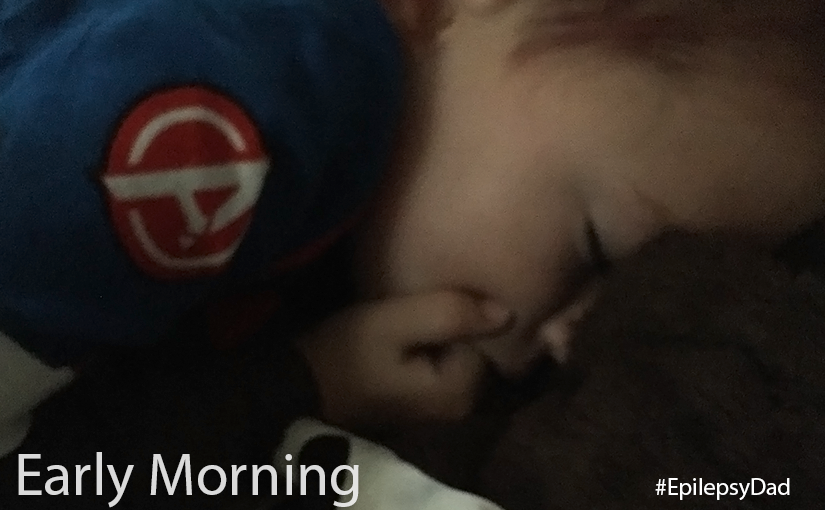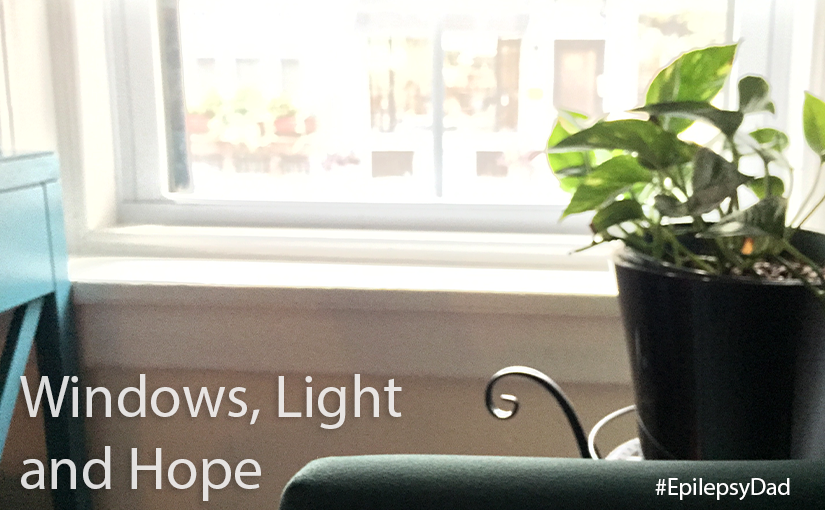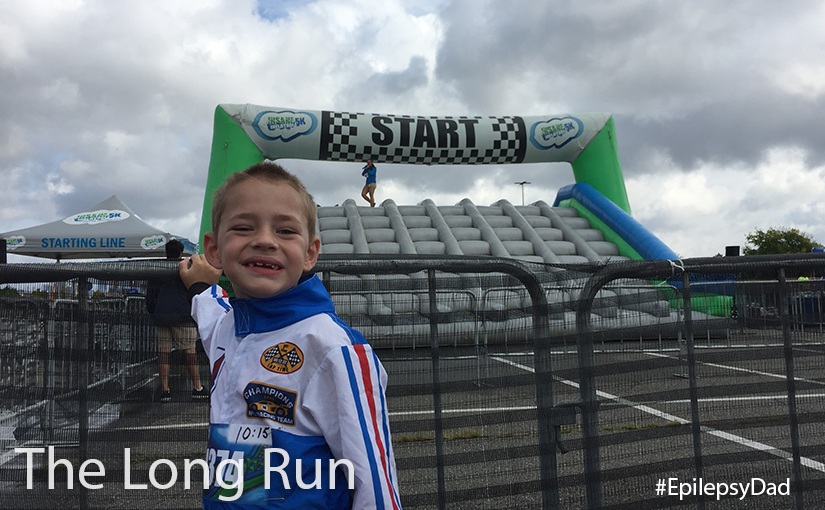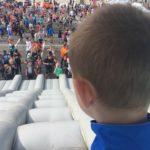Lying in bed, I opened my eyes in the early morning and stared at the ceiling. My son’s arm was draped across my chest and his head rested on my shoulder. Ahead of our move, he’s been sleeping with us. The chaos of our lives and the distance to his room has become increasingly problematic. Until we move into our new place, it’s a concession we made so that we can all be together and so we can monitor his seizures.
I brought my free hand up and rubbed his head. Usually, my wife is the recipient of his slumbery affections. I get the other end with a face-full of feet as he turns horizontally on the bed. But not that morning. That morning, I looked down to see my the beautiful face of my boy sleeping peacefully. I remember smiling as I made minor adjustments to my position and was once again comfortable. I closed my eyes, my hand still rubbing his head, and enjoyed the moment.
It’s in these early morning hours that I’ll catch my son talking in his sleep. Sometimes the words are decipherable. He has had unconscious conversations about baseball and hockey. Once he talked about his iPad, which I’m pretty sure is a sign that we let him use it too much. Other times, his voice is too low or the words are too jumbled but it’s still clear that he’s having a conversation.
Sometimes, his hands or legs will twitch. It’s like watching a dog dream of running and watching its limbs move in response. We had a cat once that would dream of drinking and we would watch him lap at the air as we laughed quietly so as not to wake him. It’s impossible to tell what activity my son was trying to do in his sleep, but it still made me smile. Dreaming at seven looks very different from dreaming at forty.
That morning, though, a different and unfortunately familiar sequence began. It started with a tensing of his muscles. As he laid at my side, I could feel his body start to stiffen and elongate. I adjusted my position to give his body room the room it needed. The room went quiet. The only sound was me telling him that everything was going to be okay as I kept my hand on his head.
At its apex, his body is rigid and long like a piece of wood. His body continued to squeeze, forcing the air from his lungs. The audible moan also started as his body expelled air past his vocal chords and out his mouth. His body relaxed before tensing up again, the rhythmic jerking of a myoclonic seizure. Every pulse of his body made me feel more and more helpless, but there was nothing to do but wait it out. So in the early morning darkness, that’s what I did.
A few seconds more and the seizure was over, but the postictal state began. Like he usually does, my son sat up, smacking his lips and looking at the world through squinted eyes. I continued to console him and let him know what he was safe until he gathered enough of his faculty to know where he was. Then I helped him lay back down and get comfortable. I draped his warm, green blanket over his shoulders and pulled it down to cover his feet. He put his two fingers that he likes to suck on in his mouth, closed his eyes and drifted back to sleep.
I could not go back to sleep. I struggled to not have my thoughts drift to all the negative possibilities. I should have gotten up to distract myself but I wanted to be near him in case he had another seizure. So, instead, I listened to his breathing and returned my gaze to the ceiling.







